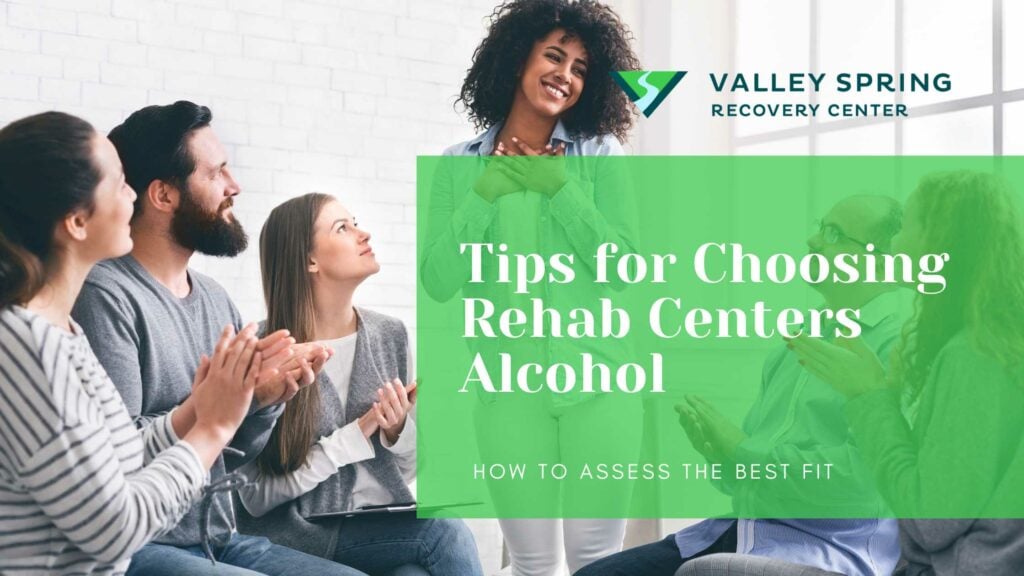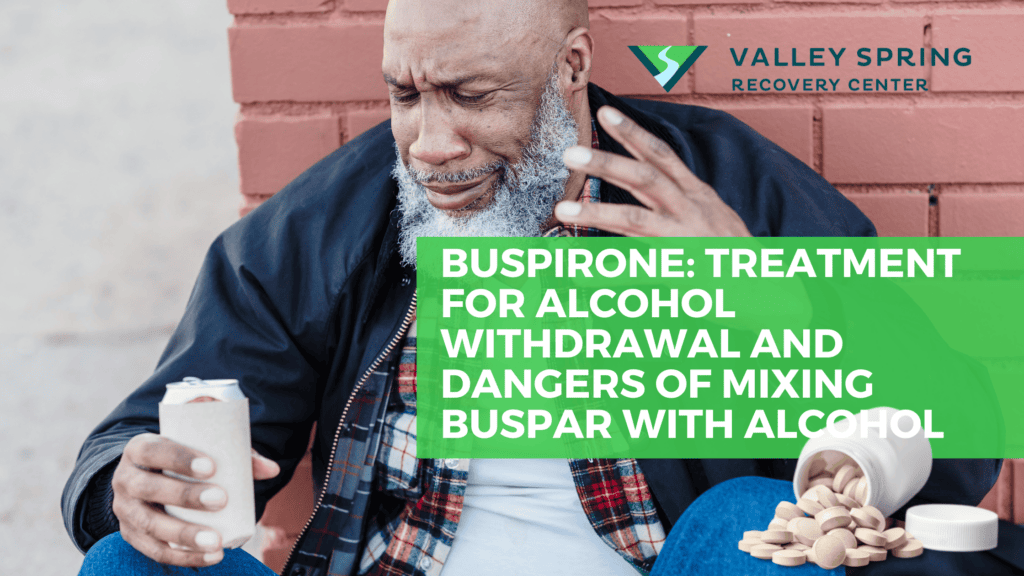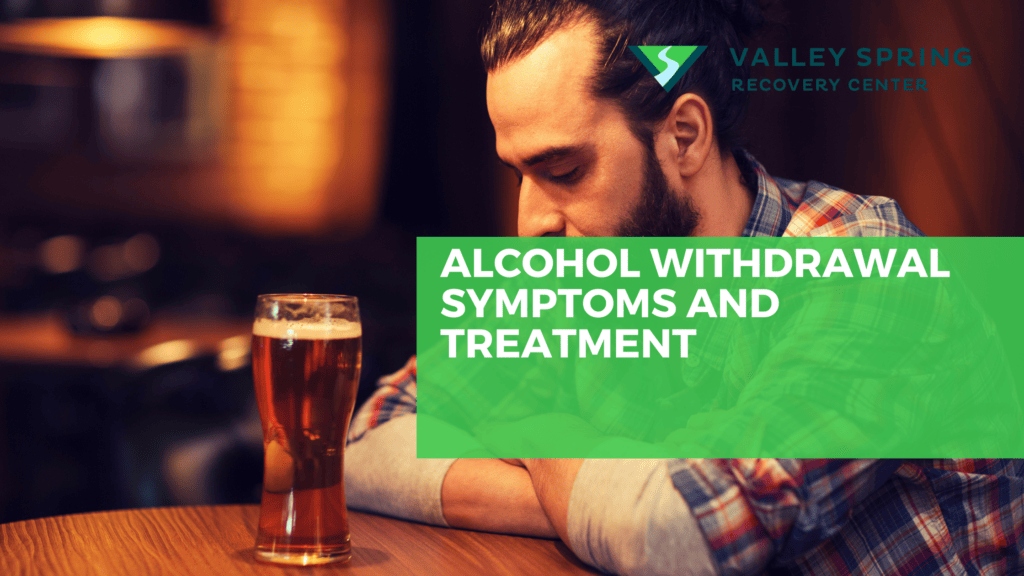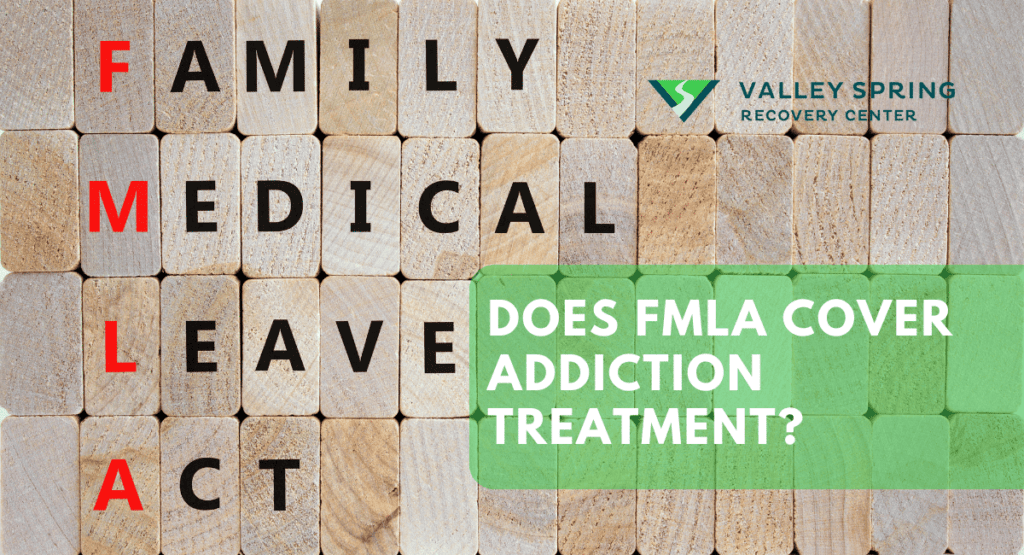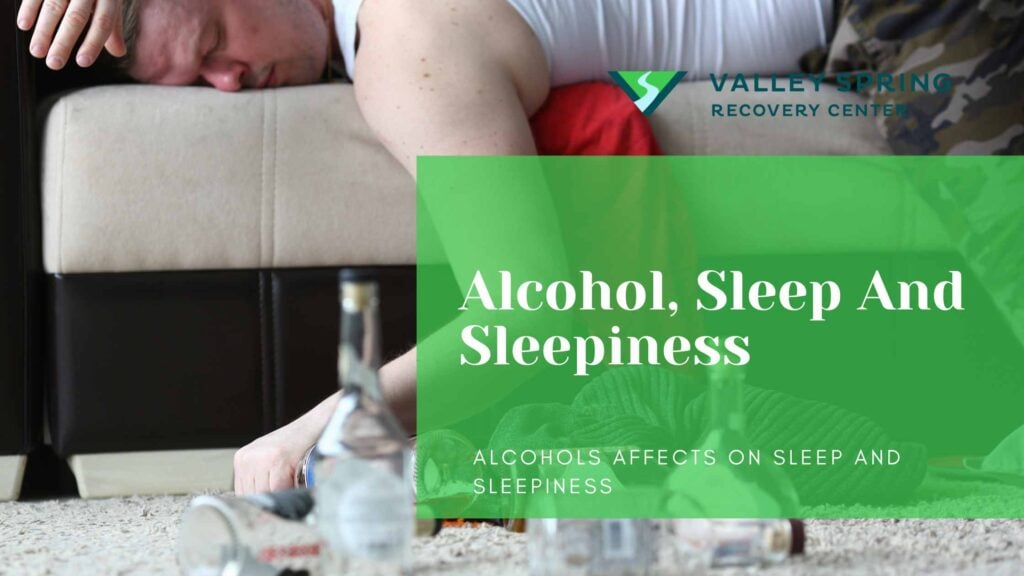Choosing the right rehab center is a critical decision that can significantly impact the success of one’s recovery journey. With various types of rehab centers alcohol-focused, treatment approaches, and financial considerations, it’s essential to make an informed choice that best suits individual needs and circumstances. Selecting an alcohol rehab facility that meets individual needs and requirements is an important first step.

Here are five comprehensive tips that help with choosing the best alcohol rehab program to attend.
1. Assessment
Assessing the severity of alcohol use disorder is an important step to understanding the level of care needed. This decision hinges on the severity of the addiction and personal circumstances. Inpatient programs offer an immersive environment for severe addiction, providing round-the-clock care and support. Outpatient programs, on the other hand, might be suitable for those with milder forms of addiction or significant work or family commitments. Additionally, consider whether the facility provides medical detoxification services, which are crucial for managing withdrawal symptoms safely and effectively.
2. Treatment Approach And Therapies
Researching the treatment approaches offered by the facility is another critical step. Effective rehab centers typically incorporate evidence-based practices, such as Cognitive Behavioral Therapy (CBT), which have a proven track record in treating alcohol addiction. Additionally, exploring whether the facility offers holistic treatment options, such as yoga, meditation, or art therapy, can be beneficial. These complementary therapies can enhance the recovery process by addressing the mental, emotional, and spiritual aspects of addiction.
3. Credentials And Qualifications
The credentials and qualifications of the facility and its staff are equally important. Ensure that the rehab center holds accreditation from reputable organizations, which signifies adherence to high standards of care and treatment effectiveness. The qualifications and experience of the staff, including therapists, medical professionals, and support staff, are crucial in ensuring that you receive high-quality care.
4. Location and Amenities
Location and environment play a significant role in the recovery process. Some individuals may prefer a facility close to home for the convenience and support of nearby family and friends. Others might find that a rehab center located away from their regular environment helps them focus better on recovery. The setting of the facility, whether serene and natural or more urban, can also impact the overall treatment experience.
5. Aftercare and Support Services
Aftercare and support services are essential components of sustained recovery from alcoholism. Look for facilities that offer comprehensive aftercare programs, including ongoing therapy sessions, support groups, and relapse prevention strategies. The involvement of family in the recovery process can also be beneficial, as it provides an additional layer of support and understanding.
What Are The Common Signs Alcohol Rehab Is Needed?
Recognizing the need for alcohol rehab is the first step toward addressing addiction. DSM-5-TR criteria for substance use disorders help psychiatrists, psychologists, and other professionals diagnose drug-related problems. The common signs of alcohol abuse include:
- Excessive drinking
- Difficulty controlling consumption
- Neglecting responsibilities
- Experiencing withdrawal symptoms when alcohol use is reduced or discontinued
Only a qualified medical or clinical professional can accurately diagnose a substance use disorder following DSM-5-TR criteria, making it crucial to seek professional help for drug addiction treatment, including dual diagnosis treatment when necessary.
The substance abuse self-assessment is designed to evaluate the likelihood of a substance use disorder, which may require medication-assisted treatment. Understanding the signs of alcohol abuse and withdrawal can help determine when professional help is necessary for substance abuse, ultimately leading to a more successful recovery journey.
Types of Alcohol Rehab Centers

There are various types of alcohol rehab centers available, each offering different levels of care and support to address individual needs. Inpatient, outpatient, and residential treatment programs are some of the options provided by addiction treatment providers.
We will examine each type of rehab center and its unique features.
Inpatient Alcohol Rehab
Inpatient alcohol rehab offers 24/7 care and support in a structured setting, focusing on detoxification, therapy, and recovery. The intake process involves an interview and screening conducted by a counselor or professional to determine an appropriate alcohol addiction treatment program for the patient. Indications that inpatient alcohol rehab may be necessary include answering ‘yes’ to two or more questions on the CAGE questionnaire and experiencing withdrawal symptoms when unable to drink.
Inpatient drug rehab centers typically involve:
- Addiction education
- Identification of triggers and development of coping skills
- Group therapy
- Individual sessions with a counselor to address underlying issues that may have contributed to alcohol abuse
The objective of treatment is to acquire the resources to remain abstinent and gain knowledge of one’s self.
Ongoing monitoring of physical health is a critical part of the recovery process, with detox unit medical personnel specializing in managing alcohol or drug withdrawal symptoms and reducing drug cravings. Medical detox is the process of removing toxins from the body under the close supervision of medical professionals.
Outpatient Alcohol Rehab
Outpatient alcohol rehab, also known as outpatient treatment, is a more flexible form of treatment that allows individuals to maintain their daily activities while attending therapy sessions and receiving support. Treatment may encompass:
- Individual counseling
- Group therapy
- Instruction on alcohol addiction
- Assistance from healthcare professionals
Outpatient rehabilitation offers numerous advantages, such as:
- Flexibility to maintain daily obligations
- Cost-effectiveness
- Access to support systems
- Ability to apply recovery skills in real-life scenarios
Patients in outpatient alcohol rehab typically attend therapy sessions regularly, often one or two times a week, depending on their individual needs and the program’s structure.
Residential Treatment Programs
Residential treatment programs provide long-term care in a home-like environment, emphasizing the development of life skills and addressing underlying issues associated with addiction. Successful residential treatment programs typically involve:
- Personalized treatment plans
- Medical detoxification
- Individual counseling
- A structured environment
- Comprehensive care that addresses co-occurring mental health disorders
The length of residential treatment programs for alcohol rehab may vary. Some programs may last for:
- 30 days
- 60 days
- 90 days
- 6 months or longer
The duration of the program is contingent upon the individual’s particular needs and progress in recovery, ensuring a tailored approach to treatment.
How Can The Quality of A Rehab Program Be Assessed?

When choosing a rehab center, evaluating its quality and accreditation is necessary to secure the best possible care for your recovery journey. Addiction treatment professionals that work at the center should be licensed and possess credentials such as LADC, LPC, CAC, or CCDP, and the clinical staff should have relevant licenses and certifications. For medical professionals, a consideration is whether there is a medical director psychiatrist, nurse practitioner, or ARNP.
The Joint Commission and the Commission on Accreditation of Rehabilitation Facilities (CARF®) are considered reputable accreditation organizations for drug rehabilitation centers. They provide assurances that a treatment center offers quality services meeting industry standards. Proper licensing and accreditation are required for a rehab center, and a multidisciplinary treatment team is essential for developing a personalized treatment plan.
Assessing the quality and accreditation of rehab centers can confirm that the facility meets specific standards, providing optimal care during your recovery journey.
How can I determine if a rehab center is accredited and of high quality?
To determine if a rehab center is accredited and of high quality, check for proper licensing, certifications, and a multidisciplinary treatment team. Additionally, look for accreditation from organizations like the Joint Commission or CARF®.
CARF LOGO
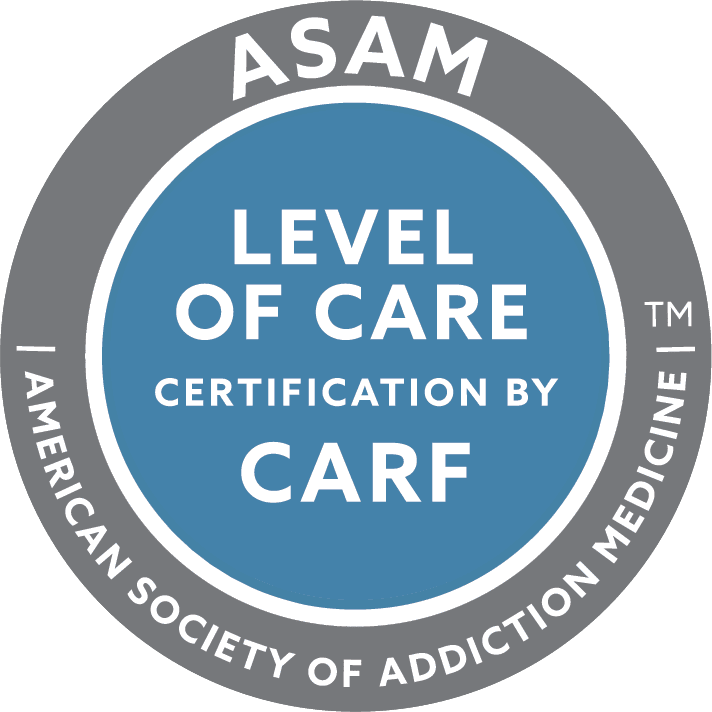
JCAHO LOGO
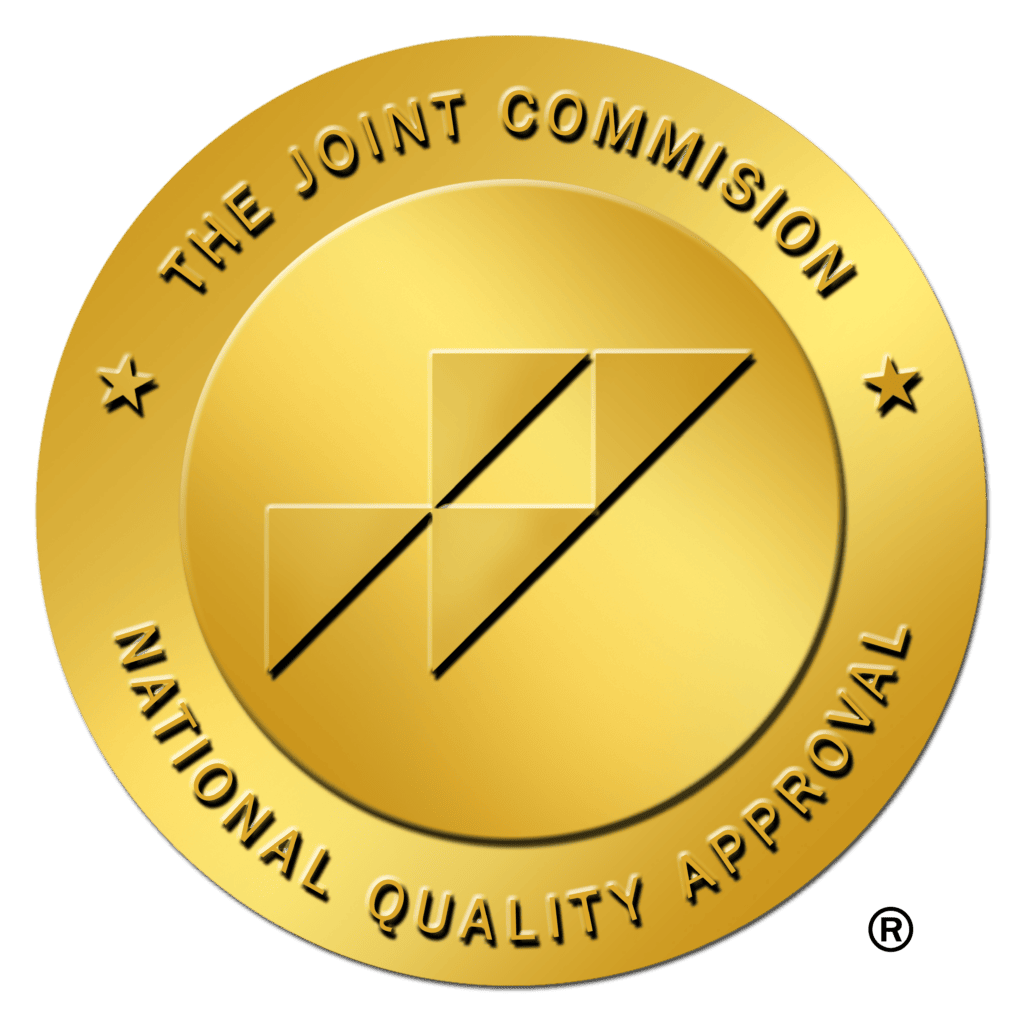
State Certifications
Every state has its own licensing and certification requirements. Usually, the state will require a certification from the department of children and family services to provide addiction treatment services. Below is a logo from the state of New Jersey:

Customized Treatment Approaches

Customized treatment approaches are vital in addressing individual needs and guaranteeing effective recovery from addiction. Evidence-based practices are utilized in alcohol rehab to help people overcome their addiction. These practices include:
- Twelve-Step Facilitation
- Cognitive Behavioral Therapy
- Medication-assisted Therapies
- Other treatment models
Some rehabilitation centers, including treatment centers, offer specialized programs, such as gender-specific programs and targeted treatment for teens, young adults, and other specific populations. These specialized programs cater to the unique needs and circumstances of individuals, promoting a more successful recovery process.
Individualized care is fundamental in addressing individual needs and ensuring a successful recovery, underscoring the importance of choosing a rehab center that provides personalized treatment approaches.
Financial Considerations and Insurance

Financial considerations and insurance significantly influence the choice of a rehab center. Health insurance typically covers alcohol rehab programs, though the extent of coverage may vary depending on the policy. It’s necessary to consult with your insurance provider to understand your coverage details.
In-network facilities typically have negotiated rates for services that are contracted with your insurance provider, leading to lower out-of-pocket costs. On the other hand, out-of-network facilities may result in higher out-of-pocket costs for treatment. Confirming whether a rehab facility is in-network with your insurance can help minimize costs and ensure quality care.
Many rehabilitation programs accept a variety of in-state and out-of-state insurance plans, emphasizing the need to investigate your options and confirm insurance coverage before selecting a rehab center.
In addition to exploring insurance coverage, individuals seeking alcohol rehabilitation should also inquire about options for free or low-cost programs. Some publicly funded facilities, nonprofit organizations, and state-supported initiatives may offer accessible services to those without insurance or with financial constraints.
It’s crucial to research and reach out to these resources to identify potential opportunities for affordable or free alcohol rehab that aligns with individual needs and circumstances.
Support for Family Members

Family support is vital in the recovery process, as addiction affects the entire family. Rehab centers typically offer family support programs that encompass:
- Education
- Crisis support
- Counseling
- Support for family members affected by addiction
These programs are designed to help families heal and provide support during challenging times, particularly for those dealing with mental health conditions and in need of mental health services.
Family therapy in alcohol rehab operates by incorporating the therapist and family members into the treatment program, addressing family conflicts, enhancing communication, and bolstering the recovery of the individual with alcohol addiction. It acknowledges that addiction has an effect on the entire family and strives to heal and fortify the family unit.
Choosing a rehab center that offers family therapy and support groups guarantees a more comprehensive and holistic approach to recovery, benefiting both the addicted individual and their loved ones at addiction treatment centers.
Post-Treatment Recovery Resources
Post-treatment recovery resources are necessary for maintaining sobriety and preventing relapse after completing rehab. Rehab centers offer aftercare programs and support groups to assist individuals in their ongoing recovery journey. Various forms of support groups are available for individuals post-rehabilitation, such as:
- 12-step programs like Alcoholics Anonymous (AA)
- SMART Recovery
- Al-Anon
- Narcotics Anonymous (NA)
These support groups provide a community of individuals facing similar challenges, promoting accountability and encouragement throughout the recovery process.
In addition to aftercare programs and support groups, other post-treatment recovery resources include phone-based coaching, apps, and continuing care groups. These resources can play a significant role in maintaining long-term sobriety and preventing relapse.
What Is Alcohol Rehab Like?
Drug rehabilitation is a structured process aimed at helping individuals overcome addiction. The alcohol rehab experience typically involves several stages:
- Assessment: Upon entering rehab, individuals undergo a comprehensive assessment. This includes a medical evaluation, a psychological assessment, and a discussion about substance use history. The purpose is to tailor a treatment plan that addresses the individual’s specific needs.
- Detoxification: The first physical step in rehab is detox, where the body is cleansed of substances. This can be challenging, as withdrawal symptoms can occur. Medical professionals monitor this process, offering care and medication to manage symptoms.
- Therapy and Counseling: Central to rehab is therapy, both individual and group sessions. These sessions help individuals understand the root causes of their addiction, develop coping mechanisms, and learn strategies to prevent relapse. Counseling often includes cognitive-behavioral therapy (CBT), family therapy, and other modalities.
- Education and Skills Building: Rehab programs frequently offer educational sessions about addiction and its effects. Skills-building activities are also provided to equip individuals with tools necessary for a sober life, such as stress management and communication skills.
- Aftercare Planning: Towards the end of the program, focus shifts to aftercare planning. This includes setting up ongoing support, which may involve therapy, support groups, and other resources to aid in long-term recovery.
Throughout these stages, individuals are supported by a team of healthcare professionals, counselors, and peers. The environment is typically structured, yet supportive, providing a safe space for recovery and personal growth. While the experience can be challenging, it’s also an opportunity for profound transformation and healing.
What are the signs of alcohol abuse?
Signs of alcohol abuse include excessive drinking, difficulty controlling consumption, neglecting responsibilities, and experiencing withdrawal symptoms.
What are the different types of alcohol rehab centers?
Different types of alcohol rehab centers include inpatient, outpatient, and residential programs that provide varying levels of care and support.
Ben Fisher
All author postsShare This Post

